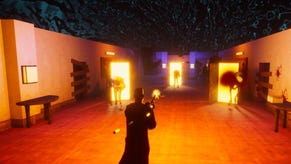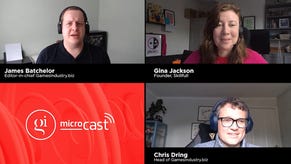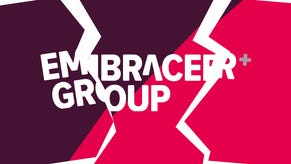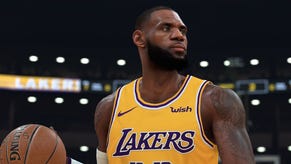Atari to extend partnership offers to copyright infringers
New GO initiative will see publisher approach IP cloners, but not looking to prosecute
Atari's new GO initiative, a plan to move the company into socialised network gaming, will involve the publisher reaching out to portals and developers which it believes are infringing its copyright with clones of its classic IP, although not with the intention of prosecuting.
Instead, Atari wants to offer an olive branch, with an invitation to replace those games with Atari's own IP, plus a place in the GO initiative itself.
Because three quarters of Atari's output for the first twelve months will be re-imagined and socialised versions of classic Atari IP, the company is keen to involve as many developers who are fielding games which infringe copyrights.
Speaking to GamesIndustry.biz in an interview published today, project head Thom Kozik said that getting developers on board and offering them the chance to improve actual Atari IP instead of copying it was paramount.
"This initiative is not about going out after the market with a big stick, that's a different situation," Kozik said.
"First and foremost we're going to be saying, 'let's bring the friends and folks who love us, and the folks who love these brands, into the fold, and we'll worry about the folks who don't want to play along, no pun intended, we'll worry about them later in a different context'" .
"It's a horrible position for me to be in. I've got a ton of very talented developers who are very interested in my intellectual property. Now what I've got is the GO initiative so I can turn around to them and say: I've got this incredibly deep catalogue of IP which you can get involved with, and I'll help you develop the next iteration of a classic game.
"I'll help you to create a socialised, monetised version of a classic piece of IP from any of the studios which were part of Atari during its long lifespan. That's what we're finding is a tremendous opportunity, a lot of developers are getting very excited about that."
Atari's program can't compete directly with the 70/30 profit split which developers can see from Apple or Bigpoint, however. Instead, it offers a 30 to 50 per cent cut to developers alongside a swathe of customer support, QA services and access to over thirty years of publishing experience, letting developers concentrate on developing.
But can a support network ever prove as tempting as raw profit? Kozik believes so.
"There's all this pressure to follow the Zynga model and really focus on the metrics and analytics, and that works well for many types of games, but it's not a one-size-fits-all solution.
"If I can take that problem off the plate of a developer or studio and say, we'll worry about that, and help you see the data in a way that makes sense for your game, that let's them focus on what they do best, which is to create great games, and we can focus on the underpinning.
"Now we live in a world of networked games, where we're able to have that cross-pollination and collaborative play from one platform to the next. I think a lot of studios and publishers have been chasing this, over the last year, it's on a lot more people's minds right now - we've been talking to a lot of studios who have these aspirations," he added.
"But if you don't have that backend infrastructure, let alone a pile of other studios and developers to work with to build that collaborative or component piece - because no one studio is good at all these platforms - then that's where having the scale of initiative like GO becomes valuable to these guys."
The full interview with Thom Kozik can be read here.








